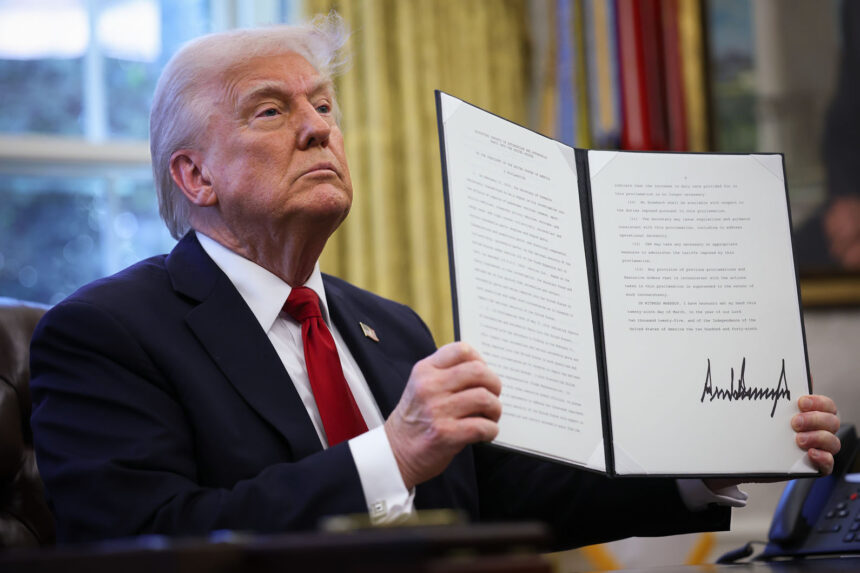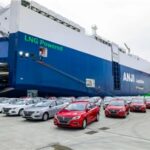Trump’s New Tariffs: Impact on the Automotive Industry
President Trump recently confirmed that the new tariffs on imported cars would be permanent, signaling a significant shift in the automotive industry. Under these new laws, cars built in the United States would be exempt from tariffs, incentivizing car manufacturers to invest in domestic production.
Major car manufacturers such as BMW, Mercedes-Benz, and Volkswagen already have plants in the US, producing key models for both the US market and global distribution. However, companies like BMW, which import the 3 Series from Mexico, will be affected by the new tariffs.
In response to the tariffs, some car companies have announced plans to expand or establish new production facilities in the US to avoid import taxes. For instance, the Hyundai Motor Group has invested billions to increase its vehicle production in the US, including the construction of a new steel manufacturing plant.
For companies like Jaguar Land Rover (JLR) and Mini, which rely on exports to the US market, the tariffs pose a significant challenge. JLR, in particular, has seen a rise in sales of models like the Range Rover and Defender in the US in recent years. Mini, on the other hand, faces obstacles as its models are manufactured in the UK and China.
Car makers without existing factories in the US, such as Cupra and Lotus, may also be affected by the tariffs. While Cupra could potentially utilize other Volkswagen Group facilities in the US for production, Lotus may face challenges in accessing the US market without a local manufacturing base.
Interestingly, domestic US car manufacturers like GM could also feel the impact of the tariffs. GM produces vehicles and parts in countries like Canada, China, and Mexico for import into the US, making them susceptible to additional taxes.
The announcement of the new tariffs has been met with disappointment by industry stakeholders, with the Society of Motor Manufacturers and Traders calling for immediate negotiations between the UK and US. Mike Hawes, CEO of the trade body, emphasized the importance of finding a mutually beneficial solution that supports the longstanding relationship between the two countries’ auto industries.
As the automotive industry navigates the challenges posed by the new tariffs, collaboration and strategic decision-making will be crucial to mitigate the impact on global supply chains and consumer choices.





